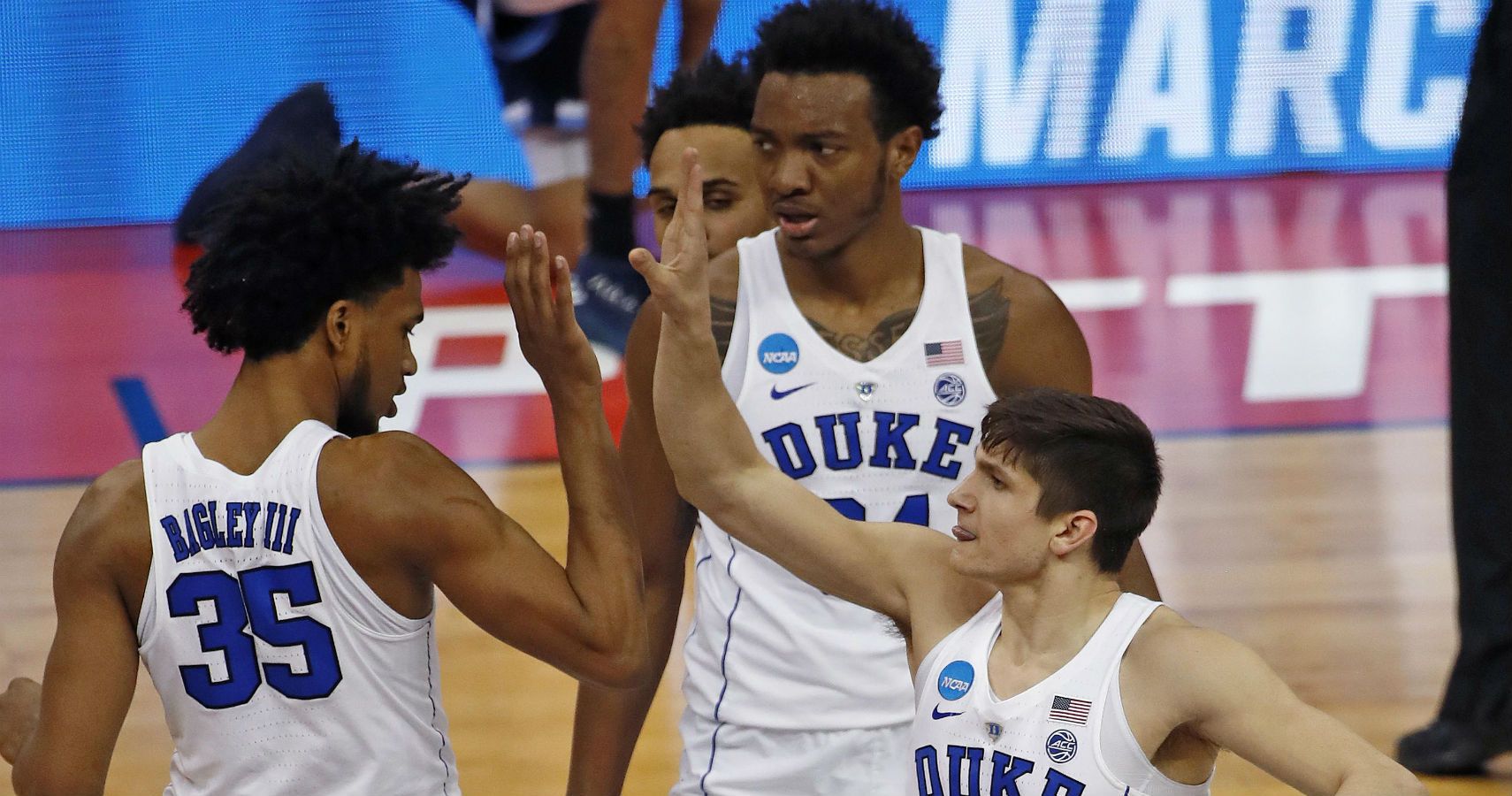The fact that NCAA basketball players are not paid a penny when it comes to playing one of the most popular sports in the world, to many, is ludicrous. How can a league that makes so much money, rewards educational institutes to handsomely, has coaches paid millions of dollars, and sees over $10 billion gambled in illegal funds on their game not pay their athletes?
To some, the answer is simple. The fact these players are getting full-ride scholarships at their respective colleges is payment enough.
RELARED: RIDICULOUS RULES NCAA BASKETBALL PLAYERS HAVE TO FOLLOW
We asked a data and research expert from WalletHub about the subject of paying versus not paying college athletes and to what extent their data helped provide an answer. We got some interesting responses. After an exclusive discussion with WalletHub Analyst, Jill Gonzalez, the debate looks like it might continue on with reasonable reasons to argue both sides.
We first asked what the data showed about paying players. Were there specific arguments or data that showed paying players would improve the game? Gonzalez explained that college institutions, even in the lowest profiting regions, were making big bucks off of basketball games. Ranging from $1 million on the low end to $8 million (Gonzaga, North Carolina, and Oregon), these institutions make big money. She explained, "Star players generate lots of revenue for their institutions, and see little of it. Therefore, it is only fair they get the appropriate compensation."
Fans do often come to cheer on their schools but the league has also become one where promotion star players and high-end athletes bring in revenue from each respective program. Should those players not deserve to be compensated for the fans and revenue they specifically generate? The NCAA will contend that as a non-profit organization, 96 percent of its expenses go to benefitting its members and student-athletes through distributions or services. There aren't a lot of people who believe that's completely accurate.
But, it wasn't a completely one-sided response. Gonzalez went on to add, "On the other hand, scholarships can be considered an equitable form of payment for college athletes, and some worry that paying athletes outright would shift their status from student athletes to employees of the University, and could, therefore, distance many of them from the classroom." The idea that these students would not focus on their education while "employed" by their colleges could be problematic.
As it stands right now, NCAA athletes must have a minimum of a high-school graduate level education, have completed 16-core courses, have a 2.0 GPA and meet the sliding scale requirement of GPA and test score (ACT or SAT). Would directly paying these players change those guidelines?
RELATED: FIVE-STAR BASKETBALL RECRUITS WHO WERE BUSTS AND UNKNOWN PLAYERS WHO BECAME STARS
But, there is something Gonzalez warns fans to consider when choosing a side. "Even though college athletes are not paid openly, there certainly are under-the-table payoffs, with subsequent scandals," she added. WalletHub put an infographic together showing as many as 50 college basketball programs who could be implicated in a corruption case involving payments to players, as well as four NCAA coaches who were indicted on corruption charges last year. It's a messy situation that doesn't appear to be going away anytime soon. Perhaps this means that the debate isn't necessarily as important as the real issue, which is that teams are trying to pay many of these players anyway. Gonzales suggested that perhaps, "If fans can advocate for colleges to pay their student-athletes, the corruption in the NCAA can hopefully stop once and for all." There are valid points to both sides but in this instance, it appears that research might suggest, paying players and fans advocating that schools pay players may eliminate many of the sidebar issues that present themselves in relation to fraud, illegal payments and tampering. Or, to put it more simply. Since everyone else seems to get a piece of the pie, perhaps players should too.

